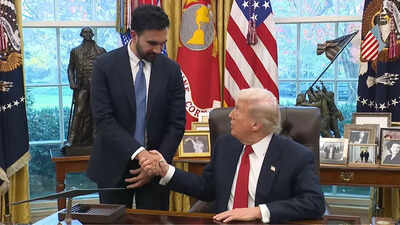
In one of the most dramatic political reversals of the year, President Donald Trump struck an unexpectedly warm tone toward New York mayor-elect Zohran Mamdani during a meeting at the White House — just weeks after denouncing him as a “communist lunatic” and threatening to cut off federal funding if he won the election.
The shift has surprised everyone who had expected a tense encounter, given the bitter exchanges of the campaign.
Instead, Trump described Mamdani as a “rational person”, praised his vision for New York and signalled a willingness to work closely with him on affordability and public safety — a remarkable U-turn from the hostility he projected throughout the mayoral race.
A surprisingly cordial Oval Office meeting between Trump and Mamdani
The highly anticipated meeting delivered none of the fireworks that had been predicted. Instead, Trump appeared eager to reassure the mayor-elect, repeatedly emphasising areas of agreement and mutual concern. He congratulated Mamdani on his election victory and told reporters:“I expect to be helping him, not hurting him.”The president even said he would feel “comfortable” living under a Mamdani administration — a statement that raised eyebrows considering his earlier threats to punish New York financially. Mamdani, who had previously branded Trump a “fascist” and a “despot”, focused instead on shared priorities and avoided engaging in past grievances.
Months of hostility during the NYC race
The scenes in the Oval Office marked a stark contrast to the ferocious tone of the New York mayoral campaign.
During the race, Trump repeatedly attacked Mamdani, calling him a “communist lunatic” and warning that federal funding to the city would be withdrawn if he became mayor. Right-wing commentators amplified the criticism, painting Mamdani — a self-described democratic socialist — as a dangerous ideologue.Mamdani retaliated forcefully, accusing Trump of promoting a “fascist agenda” and using the presidency to intimidate New York voters.
He argued that Trump’s rhetoric was an attempt to shift attention from the affordability crisis gripping the city.Mamdani later admitted that a sizeable number of Trump voters had approached him with concerns about costs, housing and public transit — issues that shaped the core of his platform.Trump, too, acknowledged these overlapping voter anxieties during the meeting. He said the pair found “unexpected alignment” on key subjects including cost of living, crime and economic pressure on working families.
He even suggested Mamdani might “surprise some conservative people”, signalling a softer, more pragmatic view of the mayor-elect.
Insults set aside in a moment of political pragmatism
Reporters did not shy away from raising past hostilities. When Mamdani was asked whether he stood by calling Trump a “fascist”, the president intervened, lightly tapping him on the arm and quipping: “You can just say yes — it’s easier.” Mamdani obliged with a brief “OK, yes,” prompting Trump to add:“I’ve been called much worse than a despot.”Trump softened his own prior remarks as well, insisting that Mamdani’s views were only “a little out there” and saying both men had changed in their approach. The exchange underscored both leaders’ desire to avoid reviving past disputes in front of cameras.
Commitment to cooperation going forward
Both Trump and Mamdani ultimately stressed their intention to work together on shared priorities. They highlighted affordability, housing, food costs, public safety and immigration enforcement as key areas for collaboration. Although ideological differences remain, the pair emphasised their mutual commitment to serving New Yorkers.Trump ended the meeting by expressing confidence in Mamdani’s leadership:“If he could be a spectacular success, I’d be very happy. I’ll be cheering for him.”

 8 hours ago
2
8 hours ago
2
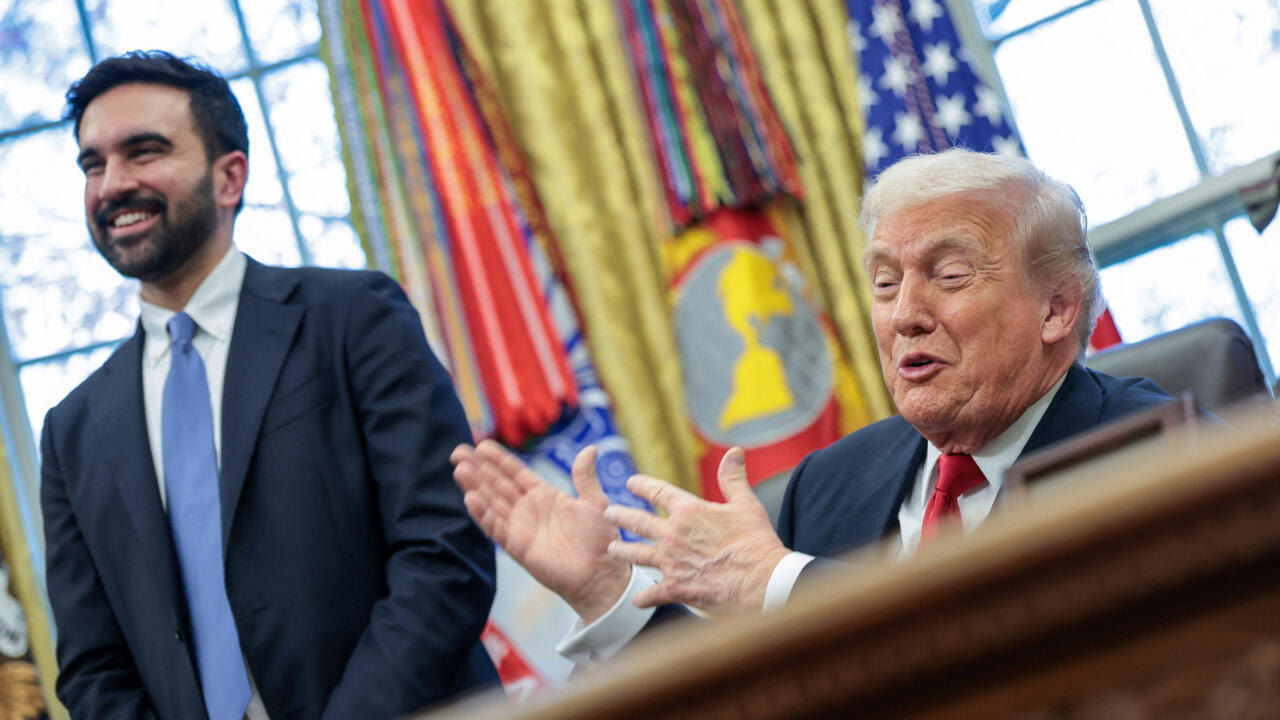



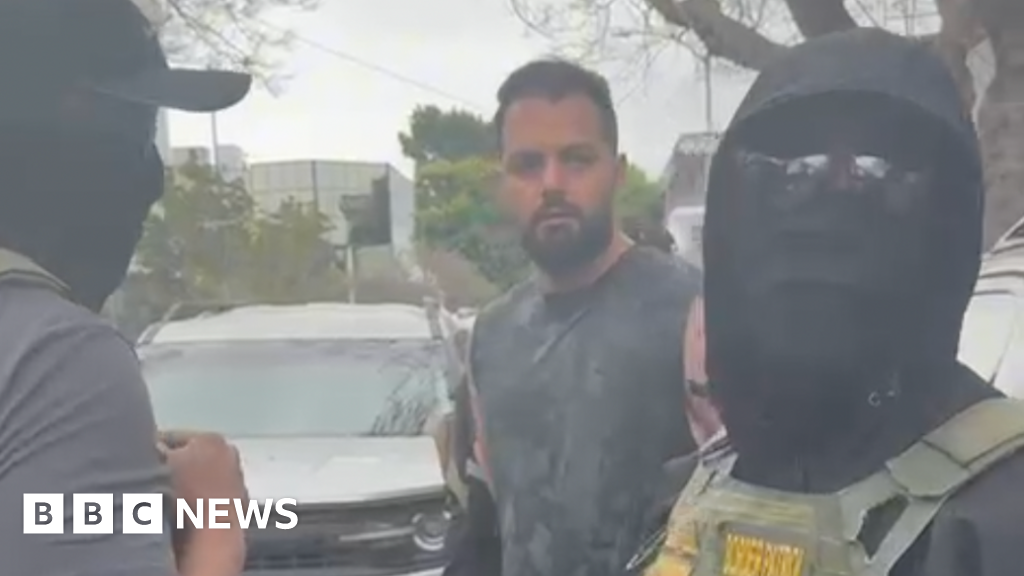
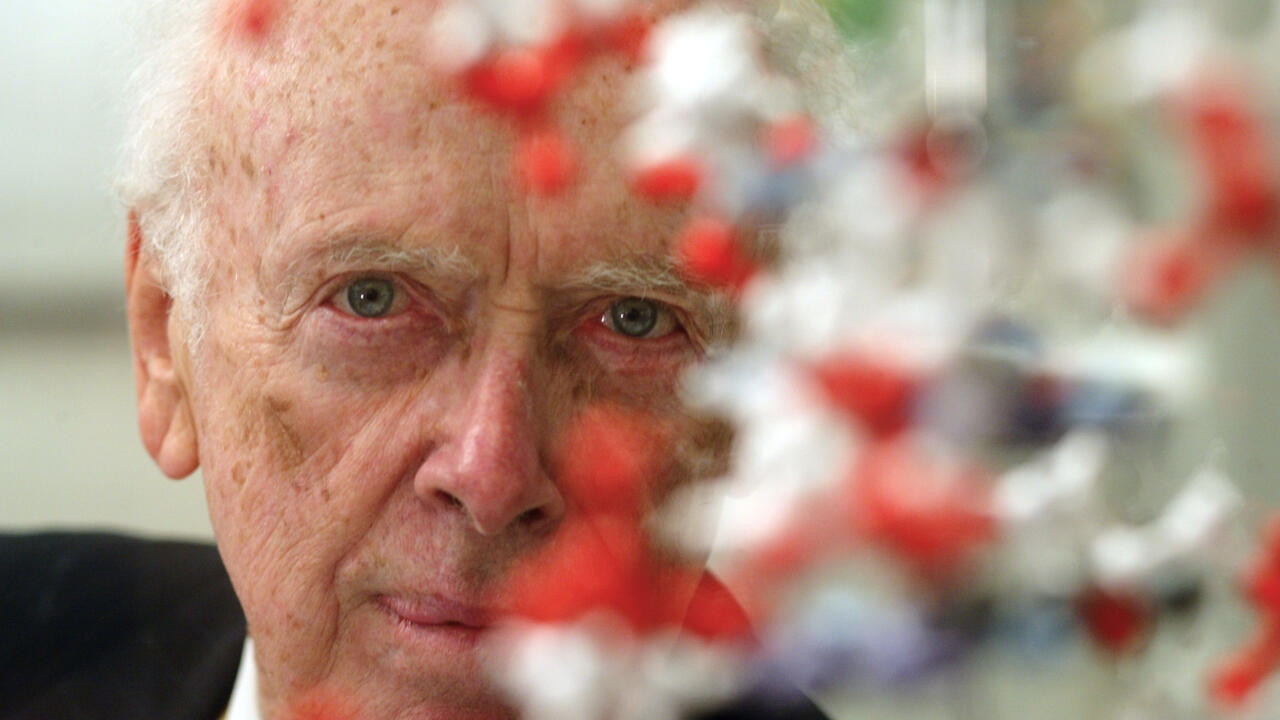


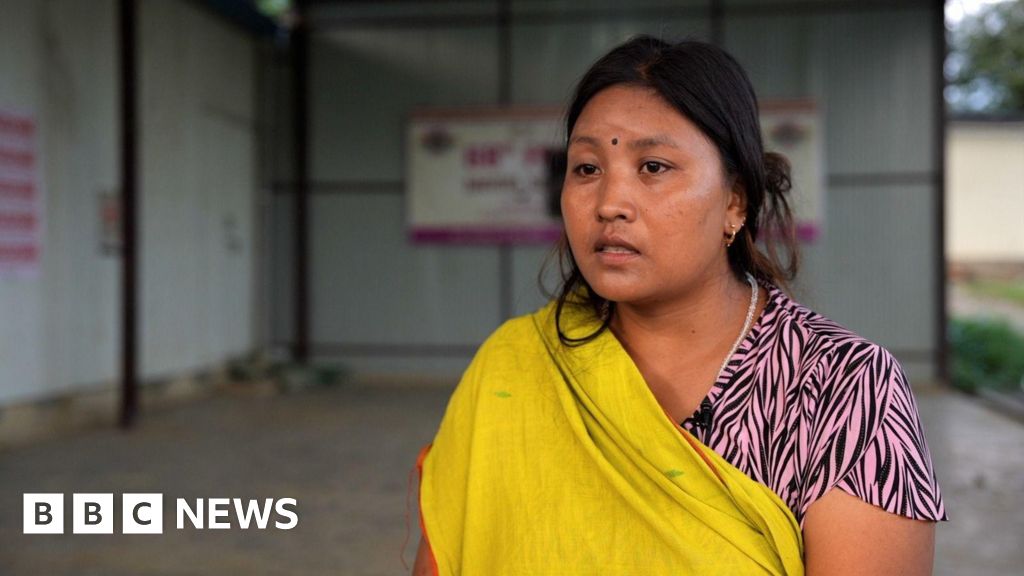

 English (US) ·
English (US) ·